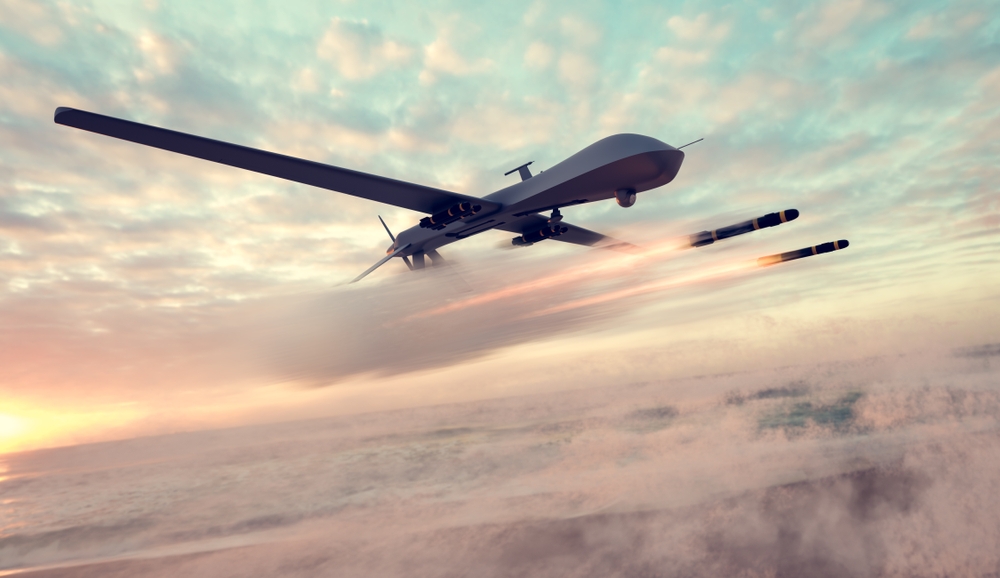President Trump’s second term throws the global economy into upheaval with relentless trade wars, complex diplomacy, and volatile foreign policies—will America weather the storm?
At a Glance
- Trump’s presidency marked by trade wars and diplomatic pursuits, particularly with China.
- High-stakes negotiations on global conflicts, such as Ukraine and hostages from Hamas.
- Economic uncertainty due to aggressive tariffs and potential recession fears.
- A shift towards an isolationist “America First” policy amidst challenging alliances.
Trade Wars and Economic Uncertainty
President Trump’s trade policies, particularly his aggressive tariffs on China, have initiated a new round of trade wars. The administration believes that pacing tariffs can compel China to play fair. However, these measures have contributed to economic uncertainty, putting businesses in a bind as they try to adapt to fluctuating policy decisions. It remains to be seen whether the resulting economic strain will push the US closer to a recession or merely represent another temporary disruption.
Trump Tariffs, Trade War: US Trade Negotiations With Asian Nations, China Continue
Economic policies have been driven by executive actions rather than legislative processes, introducing unpredictability across various sectors. Business leaders and economic experts express concerns about the sustainability of these policies. The pressure is continuing to mount, as stakeholders anticipate the long-term impacts of US-China relations souring further.
Diplomatic Challenges on the Global Stage
President Trump asserts raw strength over conventional diplomacy when dealing with Russia, China, and other nations. The administration’s focus has included influencing the resolution of the Ukrainian conflict, where strained relationships with Ukrainian President Zelenskyy have now hit a turning point for potential improvement. Additionally, Trump’s engagement in negotiating hostages’ release from Hamas reflects a tough diplomatic stance that aims to project strength, yet struggles to produce comprehensive peace.
The association with Elon Musk has also provided a new dimension in strategy, as federal bureaucracy reduction has been driven by this partnership. Troubling news arises, however, as alliances show signs of fatigue and strain, given the US’s shift towards unilateral action over traditional alliances.
The foundation of the Pax Americana was trust, and once you break trust, it’s extraordinarily difficult to restore. And restoring trust – trust in America, trust in American institutions, trust in American voters – it takes a long time to rebuild. – Ivo Daalder.
Evolving ‘America First’ Doctrine
The “America First” philosophy appears to be reshaping foreign policy discourse in Trump’s second term. This ideology signals an isolationist stance, whereby traditional international norms are now being subverted for strategic re-evaluation. Trump’s controversial proposal to acquire territories like Greenland suggests a modern-day manifest destiny, albeit with unclear benefits and regional implications.
Trump’s isolationist policies and alliance frictions invite international skepticism. Nations such as the European Union are reconsidering their reliance on American leadership, strategizing defense plans that could diminish transatlantic alliances.
The shake-up has been revolutionary, extraordinary. It’s upended 80-some years of American foreign policy. – Ivo Daalder.
Ultimately, these unpredictable strategies, combined with Trump’s firm stance against Iran on nuclear negotiations, present a volatile landscape for American diplomacy. The administration’s forward path seeks to capitalize on every opportunity for maximal leverage while wresting significant risks.







